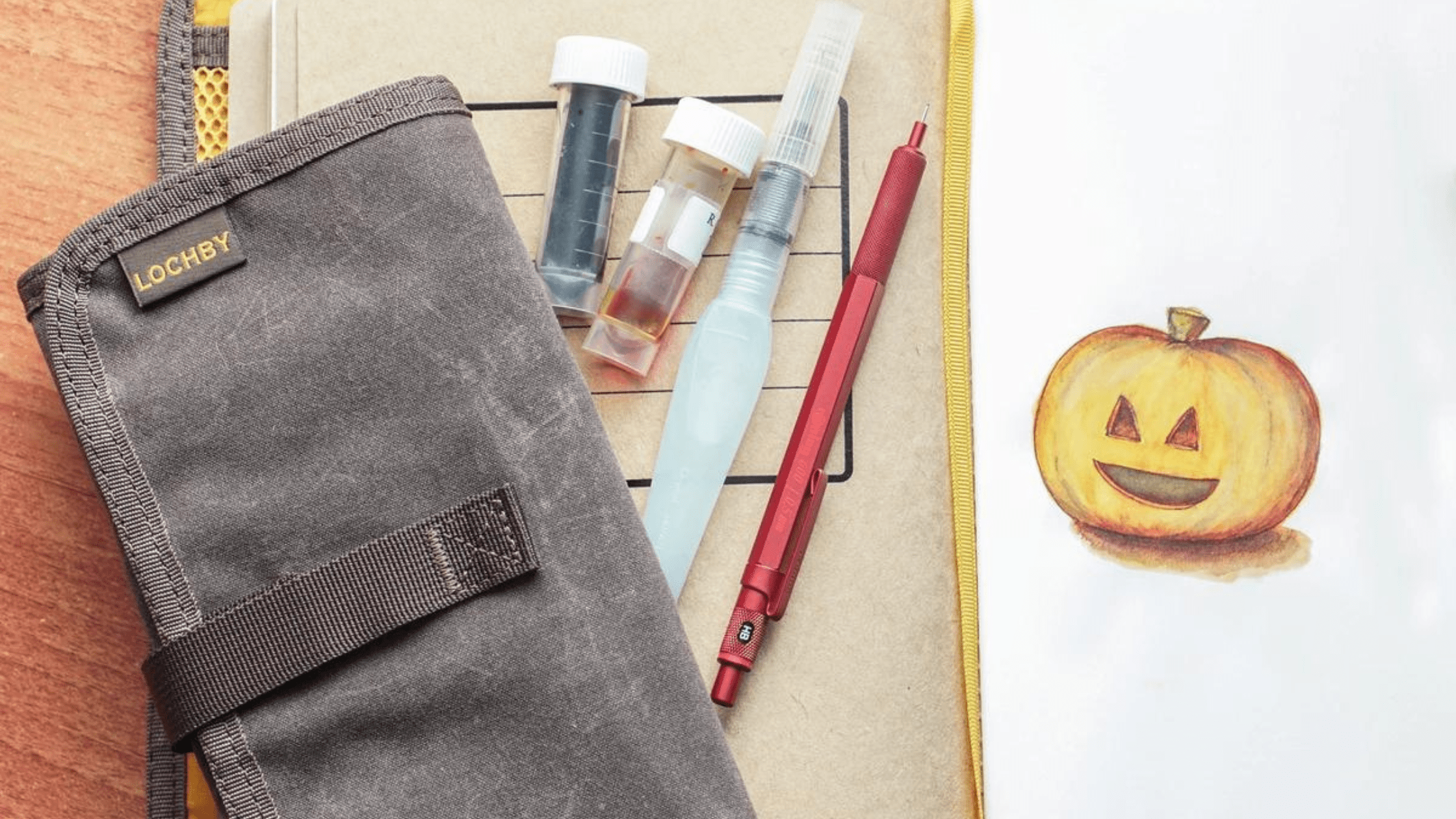Nowadays, in the type of world we live in, it’s not uncommon for people to equate success with constant work and output. We’ve come to glorify productivity and while it’s not a bad thing, can too much of it be toxic? As in all things, the answer is yes and the consequences can have a lasting impact on our mental and physical health. So what can we do to ensure we only cultivate healthy habits around productivity?
In this blog post, we want to explore what toxic productivity is, discover the factors that contribute to it, and go over five effective strategies so we can lead a more balanced life! We always talk about how to be productive but, this time, let’s look at how to remain so in a healthy way.
How do we recognize toxic productivity?
The key to knowing whether you’re spiraling and developing unhealthy productivity habits is by knowing how to recognize the signs that point to it. At its most basic, productivity starts becoming harmful if you fee; a constant need to “produce” or “do” things—to the point that you prioritize work and output over everything else including rest, sleep, eating, and even your relationships.
Do you sometimes find yourself feeling guilty for not working? Have you noticed a change, and not the good kind, in the quality of your work? What about experiencing a strain in your relationships with others because you don’t ever seem to have enough time or the focus needed to be with family and friends? Depending on other circumstances, perhaps it’s time to acknowledge the presence of toxic productivity in your life.
Factors Contributing to Toxic Productivity
Being able to avoid or get rid of toxic productivity in an effective way though means determining the factors that contribute to it like societal pressures, overall culture, and remote work to name a few. Self-imposed expectations, competition, and our environment's productivity culture can all play a role in fostering a toxic productivity environment. Action bias, the tendency to prioritize “doing” over strategic thinking, can also lead to employees spending excessive time on work-related tasks.
Nowadays, no matter what age we are, societal messages emphasize more and more the need to be “unique” or “better than others”. This pressure, combined with personal biases and a drive to fit in with everyone else's general work ethic, can create a breeding ground for toxic productivity.
Societal Pressures
Societal expectations and personal biases play a significant role in promoting toxic productivity. The pressure to conform to societal norms and achieve success at all costs can lead us to prioritize work above all else, even if our personal well-being is on the line. This can manifest as self-imposed expectations: we end up feeling the need to be constantly productive in order to maintain our self-worth or social status.
As a result? We overwork and end up neglecting our personal life. This can result in unrealistic expectations and a belief that working long hours equates to success, which only drives the cycle of toxic productivity further.
To overcome this, we need to challenge societal norms and expectations. By redefining success and recognizing that personal well-being and happiness are just as important as professional achievements, we can break free from the toxic productivity cycle and restore balance in their lives.
Culture
The culture where we are, at work, in school, or at home, can also contribute to toxic productivity by creating pressure to work or study longer hours in order to prioritize work output or results over other aspects of life. Productivity has become so highly valued that it's become more important even if it comes at the expense of our mental and physical health.
Making changes and fostering a more positive and supportive culture can have a significant impact on productivity and can promote a healthier version of it. An environment that encourages breaks and rest, personal time, and a life outside of doing can really make a difference as opposed to one that pushes the "hustle" mindset.
Remote Work
Now that remote work has become the norm, it's a unique challenge on its own that contributes to toxic productivity. With blurred work-life boundaries and the pressure to be constantly available, people who do remote work may find it difficult to maintain a healthy balance between their personal and professional lives.
A few reasons why remote work can encourage a toxic productivity cycle is how more often than not, people who work from home don't really have a set start or finish time for work. This makes it easier to just keep working, even during supposed free time.
What we need to do in cases like these is to establish boundaries: clear work hours and all while making sure there's a distinction between work-related and personal activities. Even if you have to create a schedule of your own, then so be it.
1. Establish boundaries.
Preventing toxic productivity begins by setting clear boundaries. Maintaining a healthy balance between work and play relies on a few key things:
- Designating specific work hours
- Setting communication expectations
- Creating a dedicated workspace (especially for remote workers)
- Silencing notifications after work hours
- Taking regular breaks throughout the day
Establishing and maintaining boundaries takes practice and commitment. By consistently prioritizing personal time restore and well-being, individuals can overcome toxic productivity and enjoy a more balanced, fulfilling life.
2. Prioritize self care.
We've been made to believe that self care is a privilege. It's not. It's something that we all need in order for us to maintain our well-being, especially when combating toxic productivity. By making time for activities that promote relaxation and rest, such as exercise, hobbies, and socializing, we can practice self care to counteract the negative effects of toxic productivity and prevent burnout.
A lot of people think that self care takes them away from work, creating, or doing, but what they neglect to take into account is how it's actually crucial for long-term success. Taking regular breaks, spending time with loved ones, and engaging in hobbies can help individuals recharge and return to work refreshed and focused which means we're able to do more and better, too.
3. Cultivate mindfulness.
Believe it or not, mindfulness can be valuable to avoiding or reversing toxic productivity. Practices like meditation and intentional downtime can help bring awareness to the present moment and fosters a nonjudgmental attitude. It can help:
- Gain perspective on our work and personal life
- Reduce stress and anxiety
- Improve focus and concentration
- Enhance creativity and problem-solving skills
- Cultivate a sense of gratitude and contentment
- Develop healthier relationships and communication
Incorporating mindfulness practices into daily life can be as simple as taking a few minutes to meditate, practice deep breathing, or engage in activities that promote relaxation and self-reflection. Regular mindfulness practice can foster greater self-awareness, enhance focus, and alleviate stress, all of which contribute to combating toxic productivity.
4. Set aside time for other hobbies and interests.
Often, the reason some of us end up spiraling down the toxic productivity rabbit hole is because we don't have any other activities to do. Our lives become associated with work and work alone—we don't have a life outside of it! This is why it's important to have other hobbies and ensure we look into and pursue other things that interest us.
Engage in hobbies and activities that bring you joy and fulfillment, little things that help you relax. These pursuits can provide balance and prevent an overemphasis on work which, let's be honest. Doing in itself can be all consuming. If we're not careful or mindful, sometimes we never even realize it: that all our time is being spent working on outcomes and results.
For a change, find something to do just for the sake of doing it and because you enjoy it. It really makes a difference.
5. Always set realistic goals.
It's absolutely vital to set achievable goals and prioritize them. Be realistic about what you can accomplish in a given timeframe—this way, you can stop and rest as needed instead of working to exhaustion, with little breaks, just to get something done.
Realistic goals can also help prevent us from pushing for perfection. Nothing's perfect and sometimes, we have to pause when what we're doing or the output we have is good enough. Why? Because we can always go back to it. Make it better later on. It's all about being able to call it a day and knowing that you can start all over again tomorrow.
Let's keep our productivity healthy!
Toxic productivity may promise short-term gains, but it's a recipe for long-term physical and emotional distress. It can lead to burnout, strained relationships, and a diminished quality of life. Remember, it's not about doing more: it's about doing what matters most and doing it well.
What other ways can we avoid toxic productivity? Are there steps that you've taken yourself that worked for you? Share it with us in the comments—we'd love to hear from you!





6 Smart Ways To Organize Your Notebooks
6 Smart Ways To Organize Your Notebooks